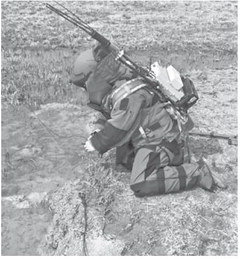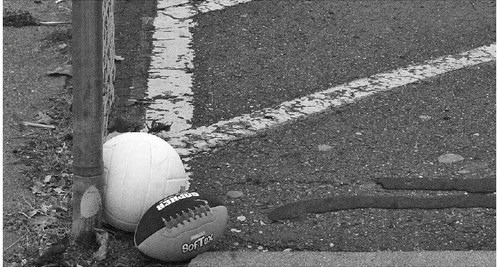Check runoff risk before every manure application


Farmers and manure applicators are reminded to check the runoff risk advisory forecast, before spreading manure on fields. This tool helps determine the potential for manure runoff from a field, depending on weather conditions and soil temperature.
The runoff risk advisory forecast includes maps showing short-term runoff risk for manure application. The maps account for soil saturation, temperature and precipitation, on a scale of 1.5 square-mile grids. The National Weather Service updates the forecast four times daily.
“Assessing current field conditions is just one step in the process farmers should use to make decisions,” said Andrea Topper, Wisconsin Department of Agriculture, Trade and Consumer Protection (DATCP) nutrient management outreach specialist. “Farmers who don’t have a plan, can talk to their crop consultant or county conservationist to develop one.”
To help reduce nitrogen loss during fall manure applications, it is recommended to wait until soil temperatures are less than 50 degrees Fahrenheit. When soil temperatures are above 50 degrees, soil microbes are very active and create a more leachable form of nitrogen.
Apply manure to an actively growing crop, such as winter wheat or a cover crop, to help scavenge some of the nitrogen that otherwise might be lost.
Farmers should contact their crop consultant, county land conservation office or the DNR, for help identifying alternatives to high-risk spreading. These professionals can help identify fields where the risk is lower and alternative practices, such as stacking manure in a safe location.
Manure haulers and drivers need to put safety first, when traveling on roadways, in order to avoid spilling manure, prevent injuries, and protect the health of people and the environment.
All agriculture and livestock operations must report spills, or runoff affecting water, to the DNR’s 24-hour emergency spills hotline, at 800-943-0003.




